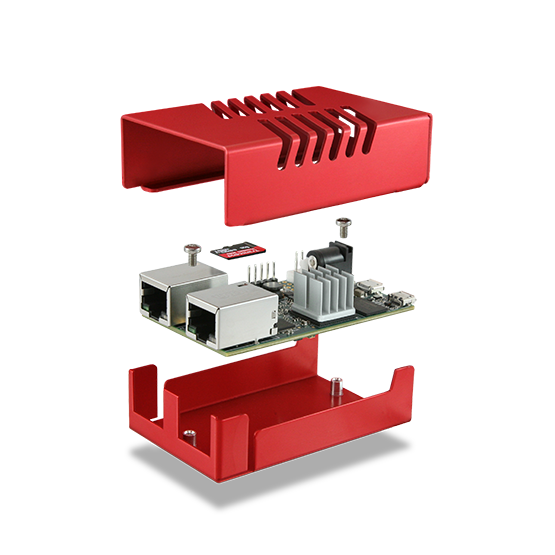
The hardware requirements for pfSense ® software are determined by your use case. Because pfSense ® software is recognized for being lightweight and efficient, it does not require the most powerful hardware to function well. PfSense® software runs on a range of platforms, including x86 64 architectures and ARM CPUs. You may convert an old PC or thin client into a router or even operate it as a virtual machine with a suitable network card. One of the most significant advantages of pfSense ® software is that it can be deployed on a variety of devices. PfSense® software is a firewall and router that is free and open source.

Amazon also appears to have plans to sell switches with AWS support.Best pfSense® Hardware for Home/SOHO/Business

If not the big corps, perhaps smaller ones. I'm positive we'll have loads of fun with RISV-V routers in the near future. But I don't want to put a lot of effort/time in maintaining my home router. If I'd want the highest performance + bang of buck + got the time to maintain (including the hardware) I'd go for PC Engines plus OPNsense or Router-7. > you'll quickly see where the extra money would've been nice. The argument is that its "ancient" hardware yet here we are discussing single-threaded PPPoE.ĮdgeRouter X is a bit weak, sure (though it also does not use a lot of power), EdgeRouter Lite (which I got) is already much better performance, sports a MIPS64 and more RAM. pfSense doesn't run on x86-32 anymore (even though x86-32 works perfectly fine as router). These are x86-64 (AMD64) machines, running a 64-bit fork of FreeBSD. > These are full x86 machines that can handle a much different workload than an EdgeRouter X. But if you're going the DIY route anyway, PC Engines gives the best bang for the buck unless you need 4G modem support. Although it isn't DIY like the other solutions, that could be an advantage. The entry level products are cheap (ER-L, for example, has 3 ports and costs ~100 EUR), and the Unifi products are user-friendly, while the EdgeMAX allow more freedom/control at the price of user-friendliness. If you want a cheap PC Engines alternative running Linux I can recommend Ubiquiti gear instead. Their official hardware is also expensive though, just like Netgate. If we're casually mentioning alternatives to PC Engines (who provide, AFAIK, the cheapest solution and are using Coreboot): You're better off using a switch plus an appliance.

An 8 port model at home is overkill, and expensive. It isn't even remotely in the same league. Netgate is far, far more expensive than PC Engines (do you see anything near $100 or 100 EUR here? No, you don't).


 0 kommentar(er)
0 kommentar(er)
